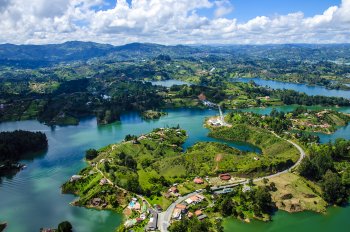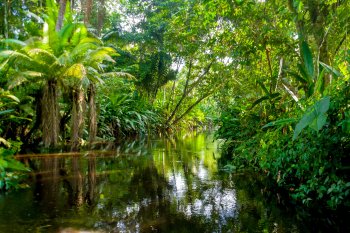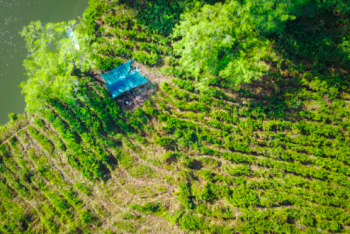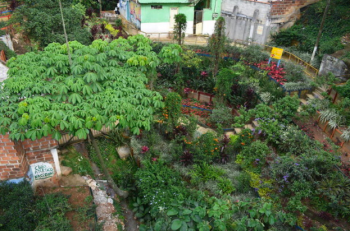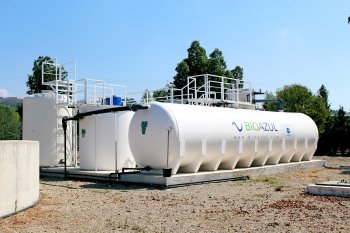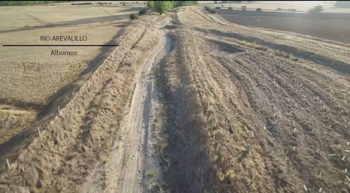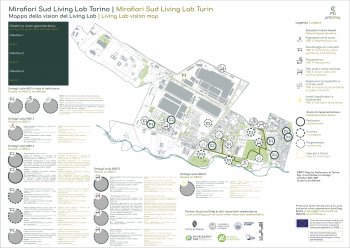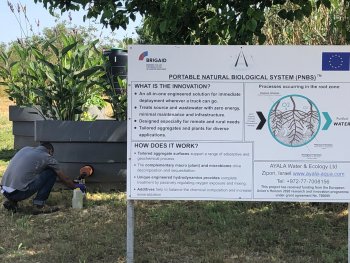Protected Areas and Resilient Landscapes – Project Finance for Permanence in Colombia, Perú and Bhutan.
Managing socio-ecological landscapes as natural carbon sinks and resources for adaptation is increasingly recognized as a necessary, efficient and relatively cost-effective strategy. Protected areas store 15 % of terrestrial carbon and supply ecosystem services for disaster reduction, water supply, food and public health, all of which enable community-based adaptation. Many natural and managed ecosystems can help reduce climate change impacts. But protected areas have advantages over other approaches to natural ecosystem management in terms of legal and governance clarity, capacity and...

